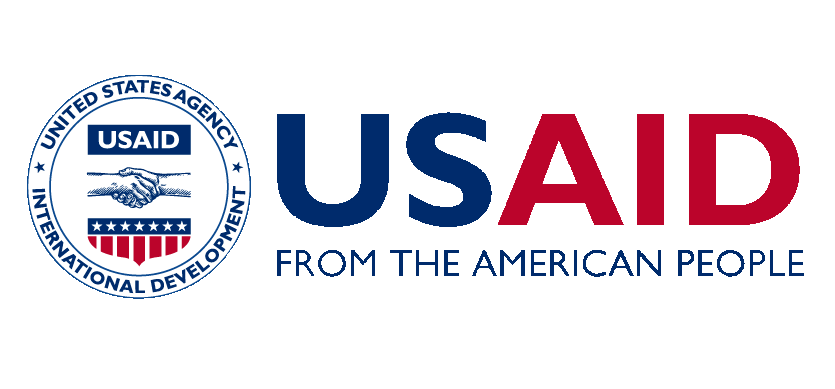Soluciones al cambio climático: empoderar a las mujeres y las niñas mediante la elección reproductiva
This paper proposes that providing reproductive choice can improve the health and resilience of women and their communities, enhancing their ability to prepare for and adapt to climate change.


